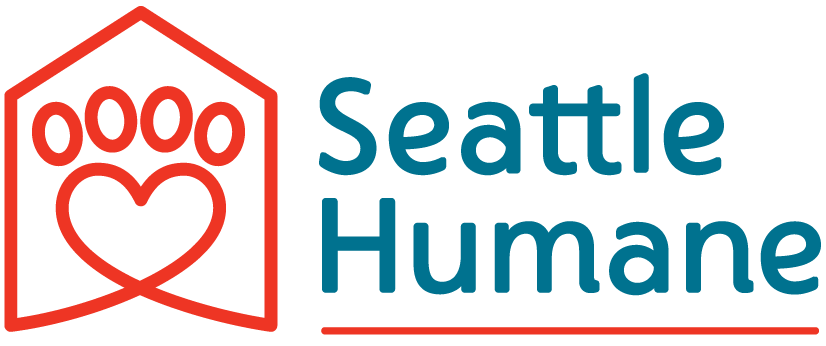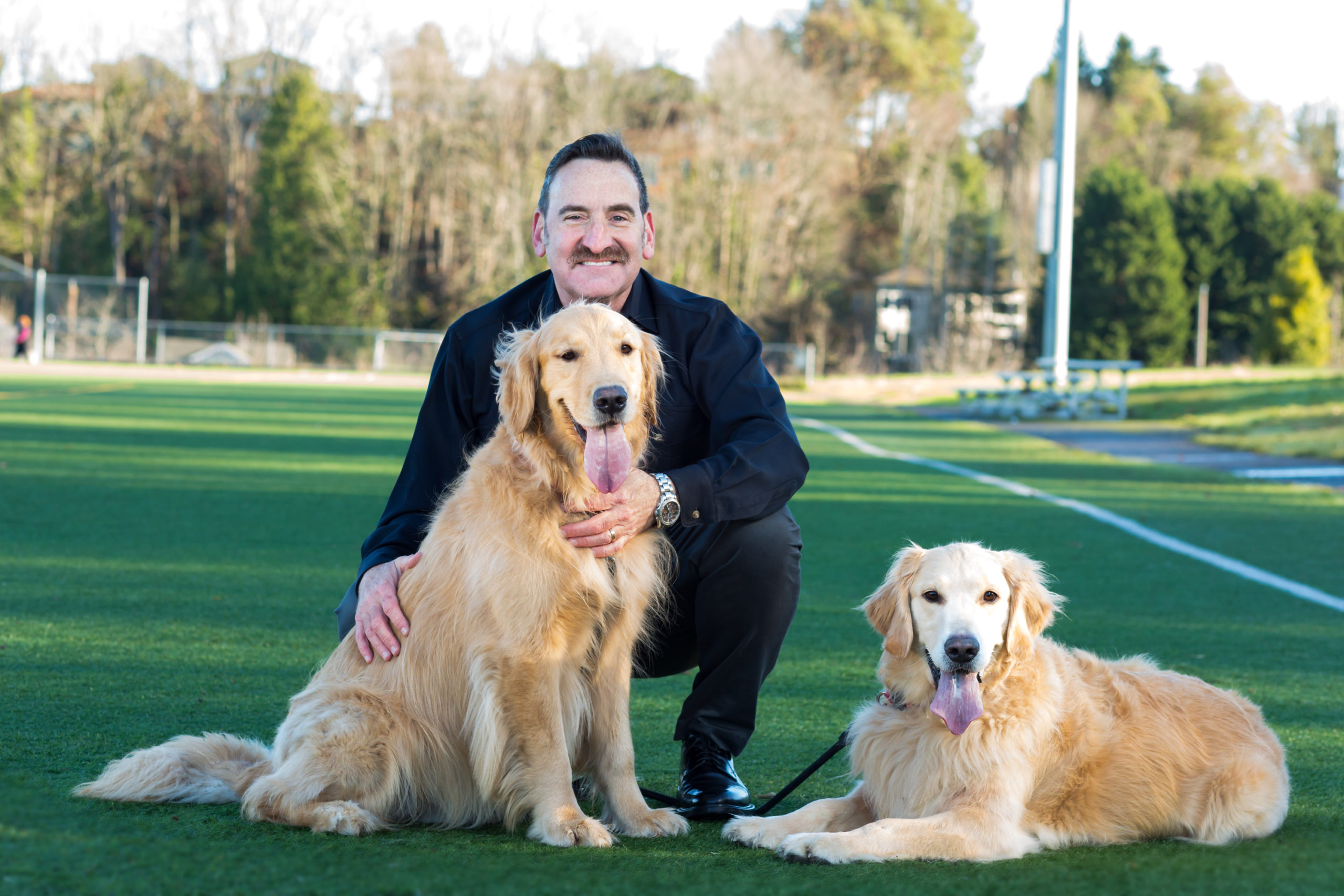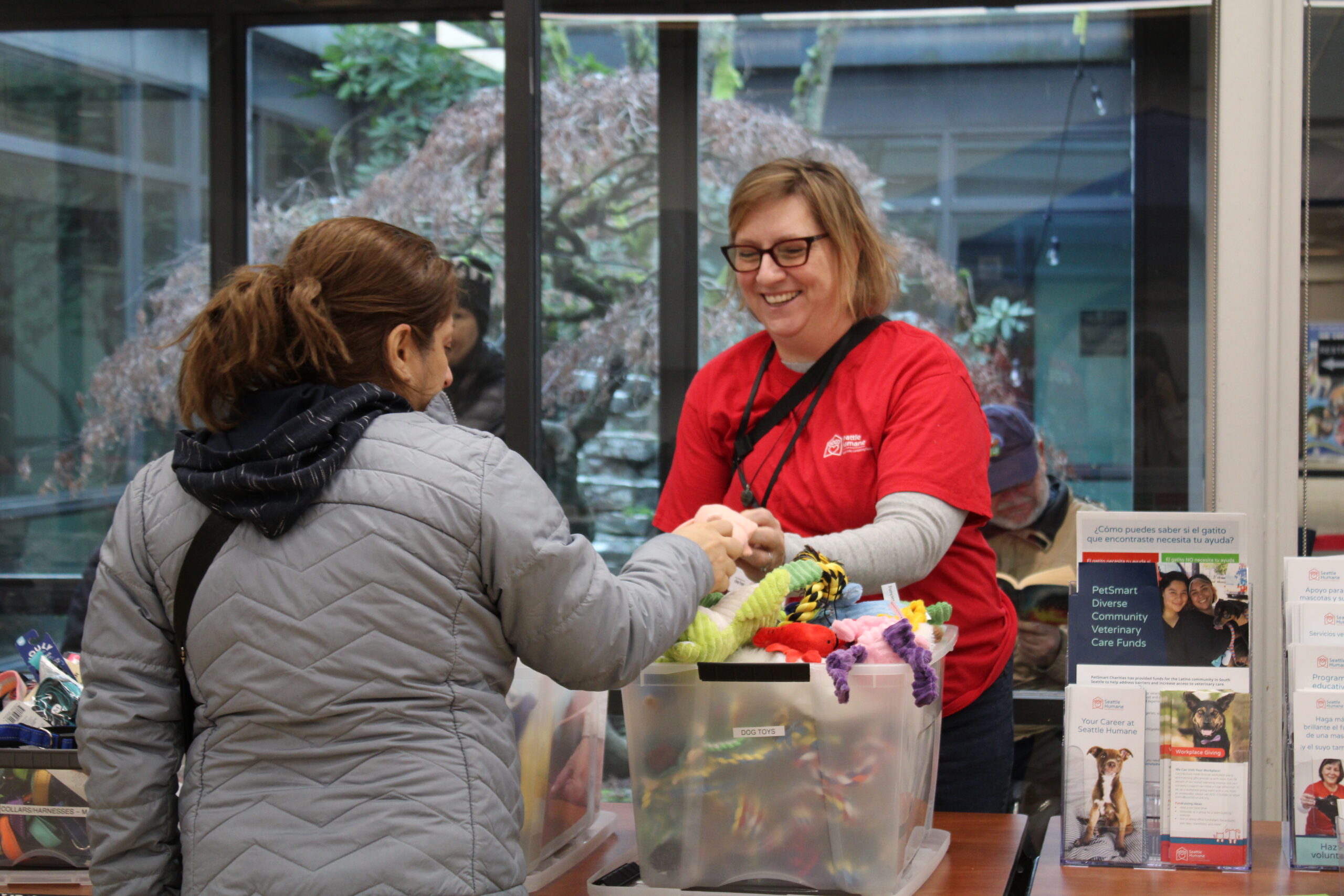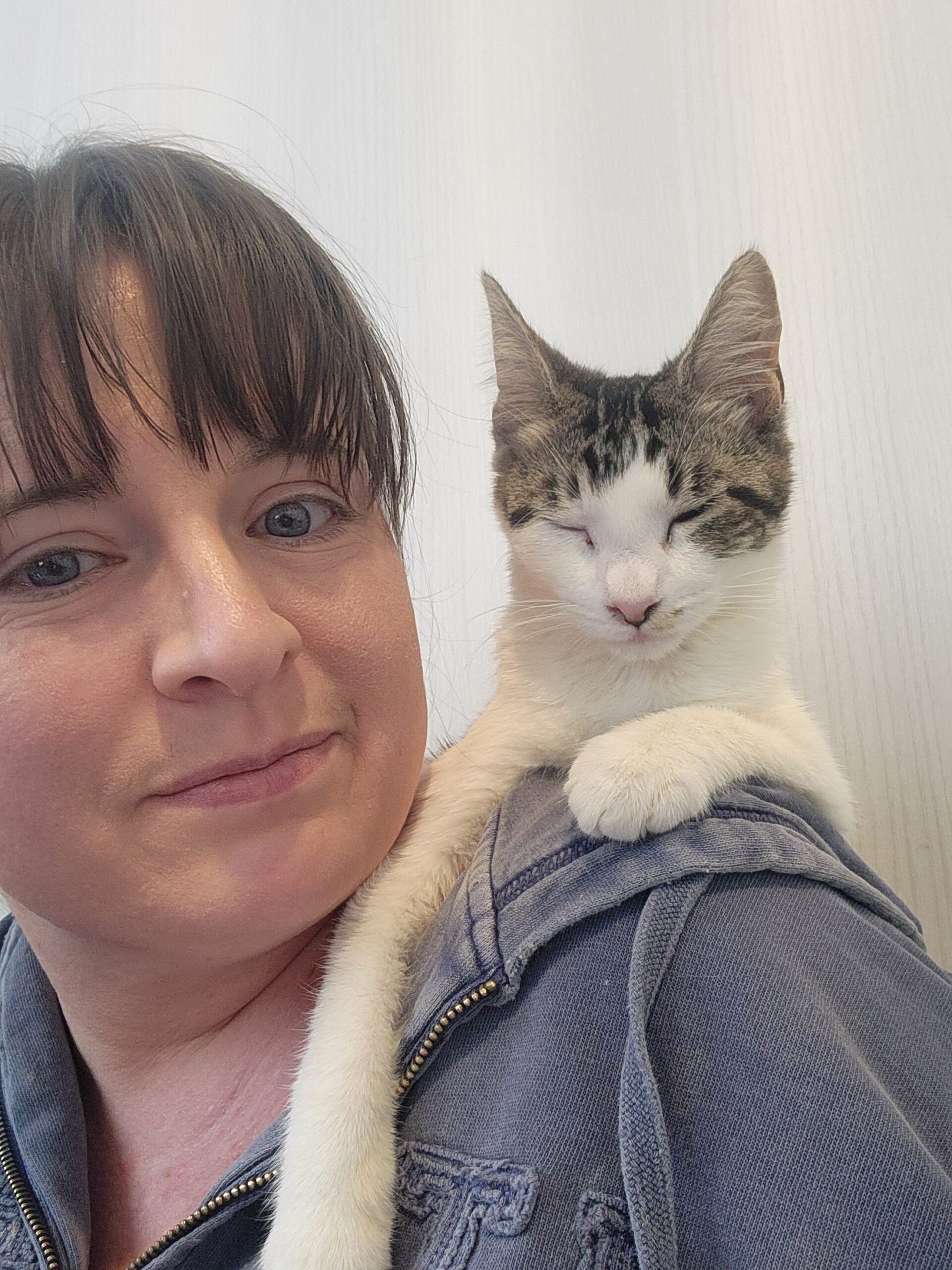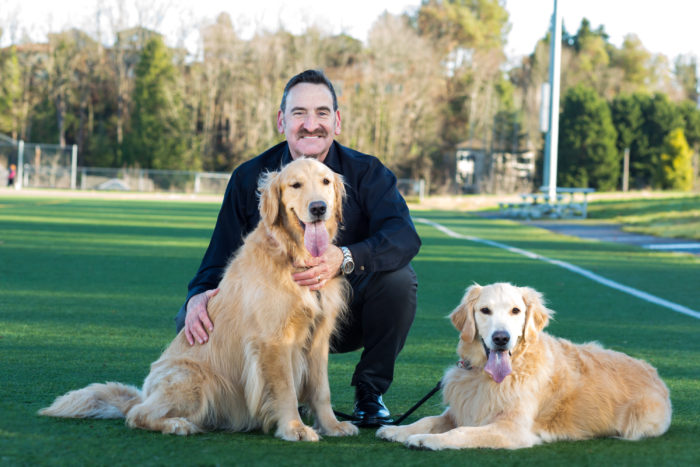
Former Compass Housing Alliance COO Christopher Ross has joined Seattle Humane as its new CEO. Christopher brings an extensive background in nonprofit leadership, a commitment to the community and a deep love of animals.
As a priority for 2021, Christopher will focus on taking the lessons the organization learned during the past year of operating with COVID-19 restrictions, as well as the many innovations that came from this period, and build on Seattle Humane’s mission – to promote the human-animal bond by saving and serving pets in need, regardless of age, ability, circumstance or geography. The goal is to leverage the organization’s successes and expanded focus on community programs that serve pets and their families while continuing to provide quality care and shelter for adoptable pets as they make their journeys home.
“It is truly remarkable the amount of community outreach Seattle Humane has been able to offer pets and pet owners, responding to the incredible surge in demand for assistance due to lost jobs and wages during the pandemic,” Christopher said. “It has been very clear, in the short time I have been with the organization, the impact of community outreach, a critical service offered prior to the pandemic, and Seattle Humane’s ability to expand access to those resources as part of their emergency response. It is heartwarming that, rather than just being a last resort for pets, we are also helping to keep animals out of the shelter system altogether, and we do that by making sure pet families have the resources they need. And we are doing all of this while remaining committed to sheltering unhoused pets until they find their new families.”
This expansion of community programs offered by Seattle Humane builds on more than a century of leadership in animal welfare and sheltering with an unwavering resolve to save lives, complete families, and support pet owners in caring for the animals they love. Learn more during Seattle Humane’s Lunch Bytes virtual luncheon, 11:30 a.m. to 1 p.m. on Thursday, Feb. 11.
During the pandemic, Seattle Humane has continued providing much needed shelter and support to many animals as they make their journey home, relying heavily on devoted foster families to provide adoptable pets with the extra attention they deserve in a stress-free environment. Some of the other programs developed or enhanced over the past year include:
Pet Food Bank. In 2020, the Seattle Humane Pet Food Bank and Mobile Pet Food Bank, a partnership with other local shelters, provided more than 1.2 million meals for pets in our community. Over 800 families rely on Pet Food Bank services every month to feed their pets. During some months of the last year, the program saw that number climb to over 2,000 families.
Pet Owner Assistance Fund. Established in 2020 by generous supporters, this Seattle Humane fund helps families struggling with high or unexpected costs challenging their ability to keep their pets healthy and safe at home. In just its first six months, the Pet Owner Assistance Fund provided over $38,000 in support for more than 100 families, with much of that funding covering emergency veterinary bills.
Supporting Pet Owners in Transition. With the risk of renter evictions looming, and the area being hit with high levels of unemployment, Seattle Humane knew that calls for help would increase from pet owners in need of temporary foster care for their pets due to hospitalization, losing a home or being out of work. The Supporting Pet Owners in Transition (SPOT) program was launched in late 2020, providing temporary foster care for people who don’t want to surrender their pets, but need help while they get back on their feet.
Veterinary Care and Community Medicine. Seattle Humane’s talented veterinary staff has stepped up during this pandemic to help pets and families in crisis by providing life-saving surgeries, treatment and telehealth support for pets in the shelter, foster homes and income-qualifying families in the community. Efforts are underway to build out its Community Medicine program – supporting low-income pet owners by keeping their pets healthy at home.
